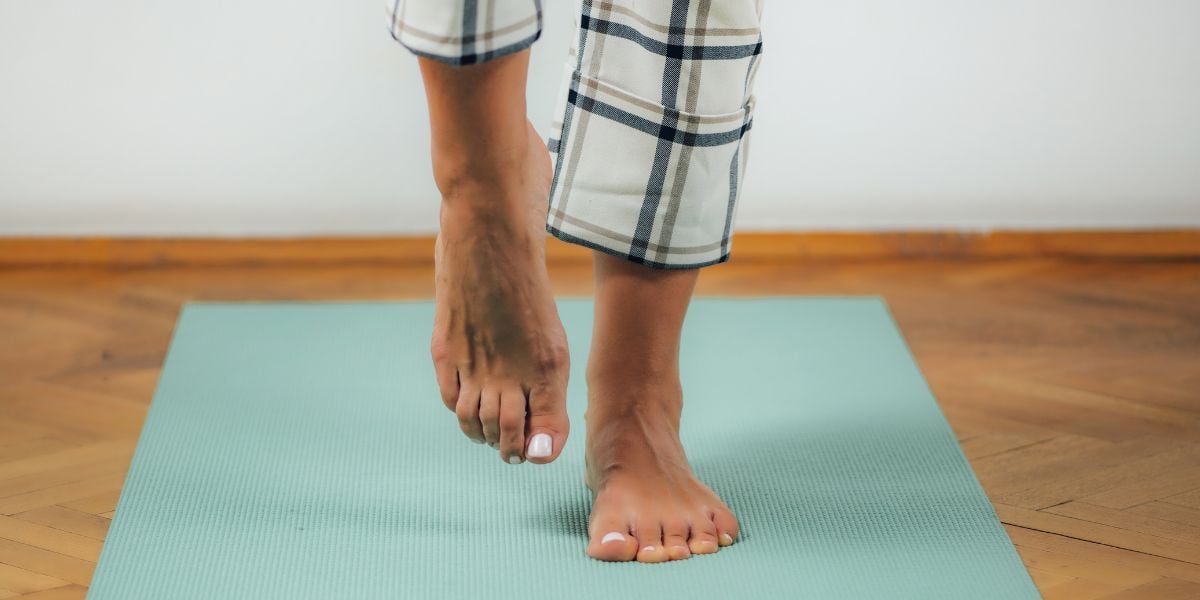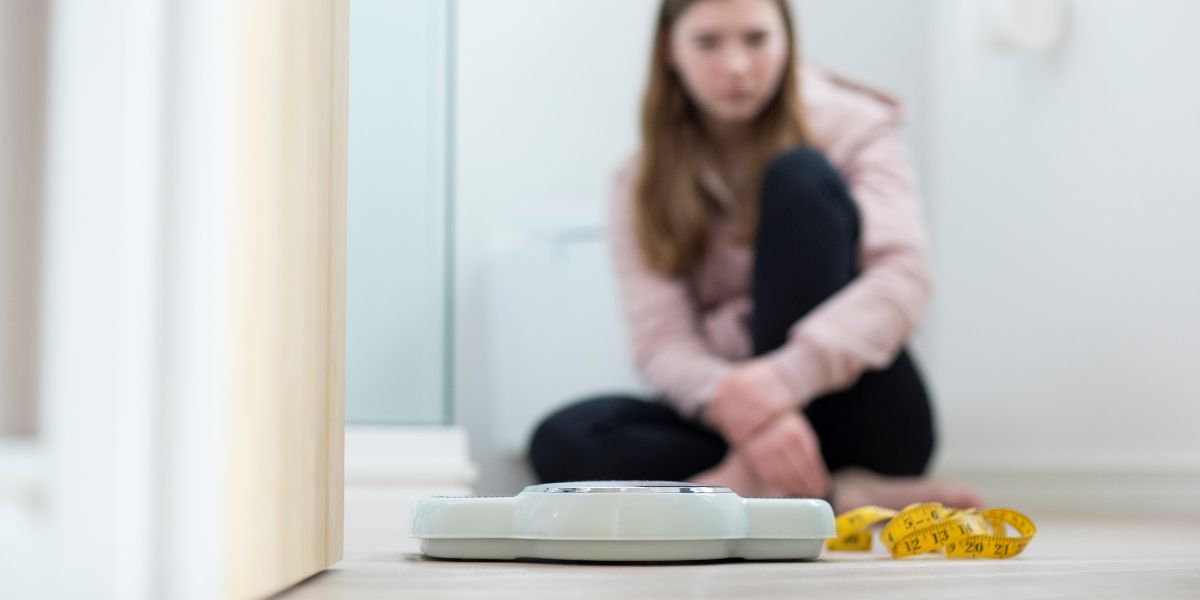Poor balance is linked to serious health issues and a greater risk of falls as we age, according to new research.
Dr Anna Lowe, an expert on healthy ageing and physical activity, explained that loss of balance “starts for a lot of people with simple stuff”.
She said: “Maybe you used to be able to quickly stand on one leg to put a shoe on, and you’ve stopped doing that at some point. Maybe you used to get out of the bath on to a slippery floor without thinking, and now you have to hold on to something.”
It is vital to address a decline in balance before it escalates, which can happen earlier than expected.
- Study finds getting 8,200 steps a day reduces risk of high blood pressure, sleep apnoea and depression
- Researchers identify health issues triggered by changes in fat function
Balance is the multifaceted collaboration of several different systems and receptors in your body helping you identify where your body is touching the ground and where it is in space.
Put simply, balance is our way of distributing weight over our base of support. It is an ability that we gain early on in life and lose as we get older.
George Locker, the author of Falling Is Not An Option and a long-term practitioner of tai chi, an exercise which can help with balance, defines balance as “the rapid and automatic response by your postural muscles to the sensation of imbalance”.
Regardless of how balance is defined, it is commonly associated with serious health problems.
This is supported by a study published in the British Journal of Sports Medicine involving more than 1,700 middle-aged participants.
The study included giving the participants three attempts to stand on one leg and, after considering age, sex and underlying conditions, the inability to hold the position for ten seconds was linked to an 84 per cent increased risk of death from any cause.
The study summarised: “Within the limitations of uncontrolled variables such as recent history of falls and physical activity, the ability to successfully complete the 10-s OLS (one-legged stance) is independently associated with all-cause mortality and adds relevant prognostic information beyond age, sex and several other anthropometric and clinical variables.
“There is potential benefit to including the 10-s OLS as part of routine physical examination in middle-aged and older adults.”
Evidence suggests, due to the number of bodily systems involved, maintaining your balance will assist in keeping other issues at bay.
Locker highlighted that a loss of balance is a medical issue without a medical solution, which cannot be treated with drugs or surgery but has life-changing consequences.
There is no clear answer as to what causes a loss of balance, yet a lack of activity has been suggested as being responsible. However, healthcare professionals explain that balance issues can be caused by numerous other issues such as impaired vision, slowing nerve signals and drops in blood pressure.
Dr Lowe advises to consult a professional if you notice a sudden change in your balance abilities as the loss of balance could be caused by a relatively minor problem or something more serious.
Efforts are ongoing to combat a lack of balance amongst the population most affected. For example, a team of neuroscientists committed to observing fall injury patterns at a pioneering fall prevention lab in Australia are distinguishing risk factors and developing preventive strategies.
The issue with a loss of balance is that when it begins, the problem can worsen quickly. Therefore, prevention is better than trying to cure it. With balance beginning to diminish from midlife onwards, it is advised to begin preventing the loss of balance sooner rather than later.
Locker said: “The loss of balance starts at 45, and it’s very clear. You look at 45-year-old men walking down the street, and they’re starting to lose their glutes, the muscles around the buttocks, which are among the biggest, strongest muscle groups in the body.
“Many guys get big up top with spindly legs from a combination of diet and the kind of activity they do, and that’s difficult to reverse later. So, you have to start prevention in midlife.”
Dr Lowe added: “Upstream interventions are key. You’ve got to stay active: older women are far less active than older men, and general activity, just moving around and doing stuff, affects balance a lot.”
- High blood pressure linked to faster mental decline, research shows
- Nutritious homemade meals trigger good mental health, latest research reports
Locker explained: “Walking on a level surface doesn’t typically include a very challenging element of balance, as your legs are typically locked when your foot contacts the ground.
“Midlife is the time to choose what I call the bent knee and ankle sports – skiing, ice skating, inline skating, surfing and stand-up paddleboard. They all include the kind of sustained knee and ankle bending that builds capacity.”
He added: “Unfortunately, taking up one of these sports isn’t an option for more senior citizens – so they’ll need to find other ways to build the same capacity. Standing on one straight leg isn’t the same as standing on one bent leg.
“When the leg is straight, the skeleton supports the body, not the postural muscles. Older people are commonly advised to practice brushing their teeth standing on one leg to build their balance, but in order to train the postural muscles to support the lower body, you should use one bent leg.”
Practicing balancing before you need to, rather than after it becomes an issue, is important. Some exercises, such as resistance exercise, also provides other health benefits ranging from improved bone density to a reduced risk of Alzheimer’s.
A minimum of 15 minutes a day spent practicing your balance can be beneficial. For example, balancing on one leg, walking lunges or stepping up on boxes could help maintain your balance.


